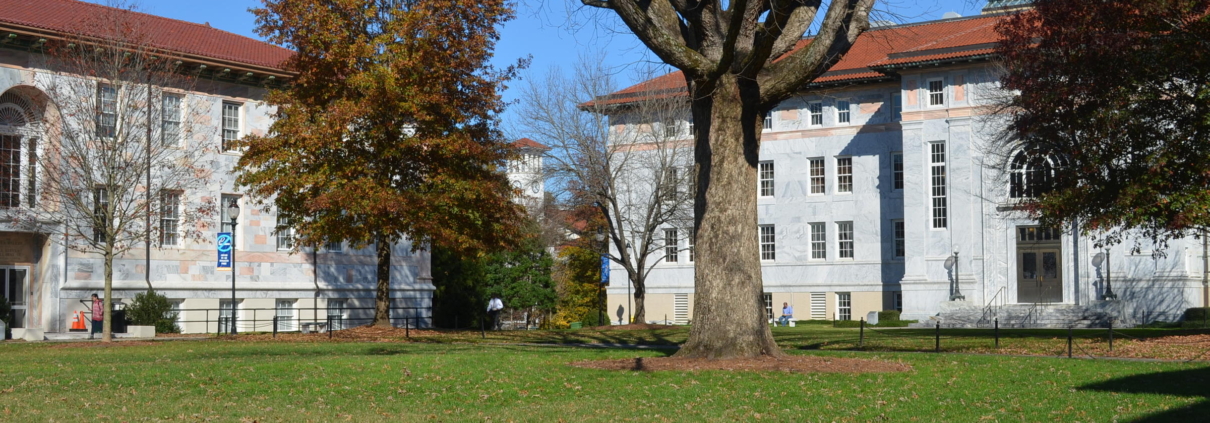Junk Removal Made Easy: Your Guide to Services Near Emory College
Embracing Clarity and Community in Tackling Junk
Junk removal – it’s a task we often put off, but one that inevitably impacts everyone, especially in a bustling academic community like Emory College. Whether you’re a student moving out, a professor renovating an office, or a local resident decluttering, understanding your junk removal options is crucial. This article isn’t just about getting rid of stuff. It’s about creating space, peace of mind, and understanding the nuances of junk removal near Emory College.
1. Understanding Your Junk Removal Needs
First, let’s talk about what “junk” really means. It could be anything from old furniture, electronic waste, to piles of forgotten textbooks. Each type of junk requires a different approach. For instance, electronic waste shouldn’t just be tossed in a dumpster due to its hazardous components.
2. Options for Junk Removal
Junk removal near Emory College can be broadly classified into DIY and professional services.
DIY Approach: This is for those who prefer hands-on control. It involves renting a dumpster or hauling items to a local dump or recycling center. While this might seem cost-effective, it requires significant time and effort.
Professional Services: These companies handle everything from picking up your junk to disposing of or recycling it responsibly. They save time but can be pricier.
Balancing Cost and Convenience: DIY is cheaper but labor-intensive, whereas professional services are more convenient but cost more.
3. Eco-Friendly Disposal
Sustainability is a key concern. Many junk removal services near Emory prioritize eco-friendly practices, ensuring items are recycled or donated, reducing landfill waste. This is crucial in a community that values environmental responsibility.
4. Timing and Scheduling
Timing can be tricky, especially around the academic calendar. End-of-semester periods see a surge in junk removal needs. Planning ahead can save you from the rush and potential higher costs during peak times.
5. Local Regulations and Policies
Be aware of local regulations regarding waste disposal. Certain items may have specific disposal guidelines. Ignorance isn’t an excuse for improper disposal, which can harm the environment and incur fines.
6. Size and Volume Considerations
Estimate the volume of your junk. This affects whether you’ll need a dumpster rental, a simple pickup service, or multiple trips. Misjudging the size can result in increased costs or delays.
7. Safety and Health Concerns
Safety is paramount. Heavy or hazardous items pose risks. Professional services have the expertise and equipment to handle these safely, which is something to consider if you’re thinking of the DIY route.
8. Community Impact and Involvement
Junk removal isn’t just an individual concern; it’s a community one. Participating in or organizing community clean-up days near Emory can foster a sense of togetherness and collective responsibility.
9. Comparing Services
Research is key. Compare different services based on cost, eco-friendliness, and reliability. Online reviews and word-of-mouth recommendations are valuable resources.
10. Long-Term Strategies
Consider long-term solutions to reduce junk. This could mean buying less, choosing more sustainable items, or organizing regular decluttering sessions.
Challenges and Trade-offs
Every option comes with its challenges. DIY approaches, while cost-effective, can be time-consuming and physically demanding. Professional services, though convenient, can impact your budget. The balance between eco-friendly disposal and practical considerations is another challenge. Making informed choices can help navigate these trade-offs effectively.
In Conclusion
Junk removal near Emory College is more than just a chore; it’s an opportunity to contribute to a cleaner, more sustainable environment. By understanding the various factors involved, from costs to environmental impact, you can make decisions that benefit not just yourself, but the entire Emory community. Remember, the goal is not just to remove junk, but to do so responsibly, efficiently, and in a way that strengthens our sense of community.



